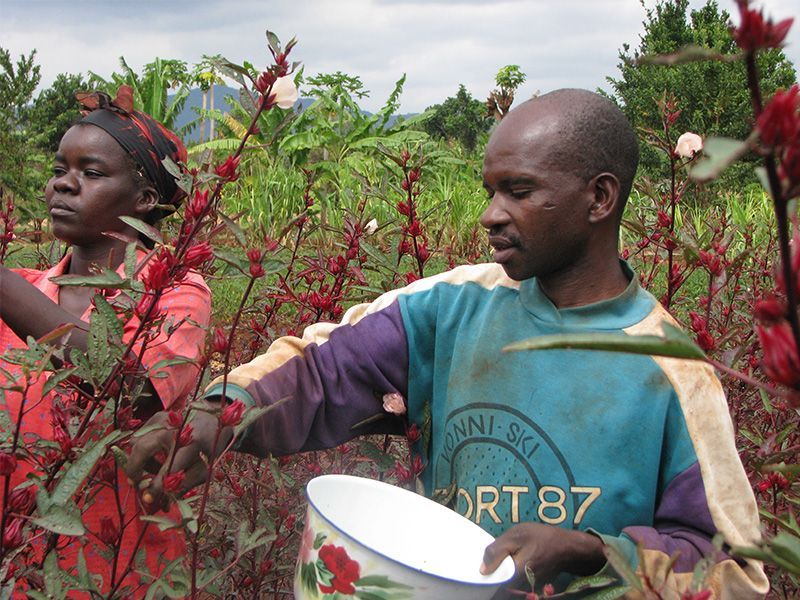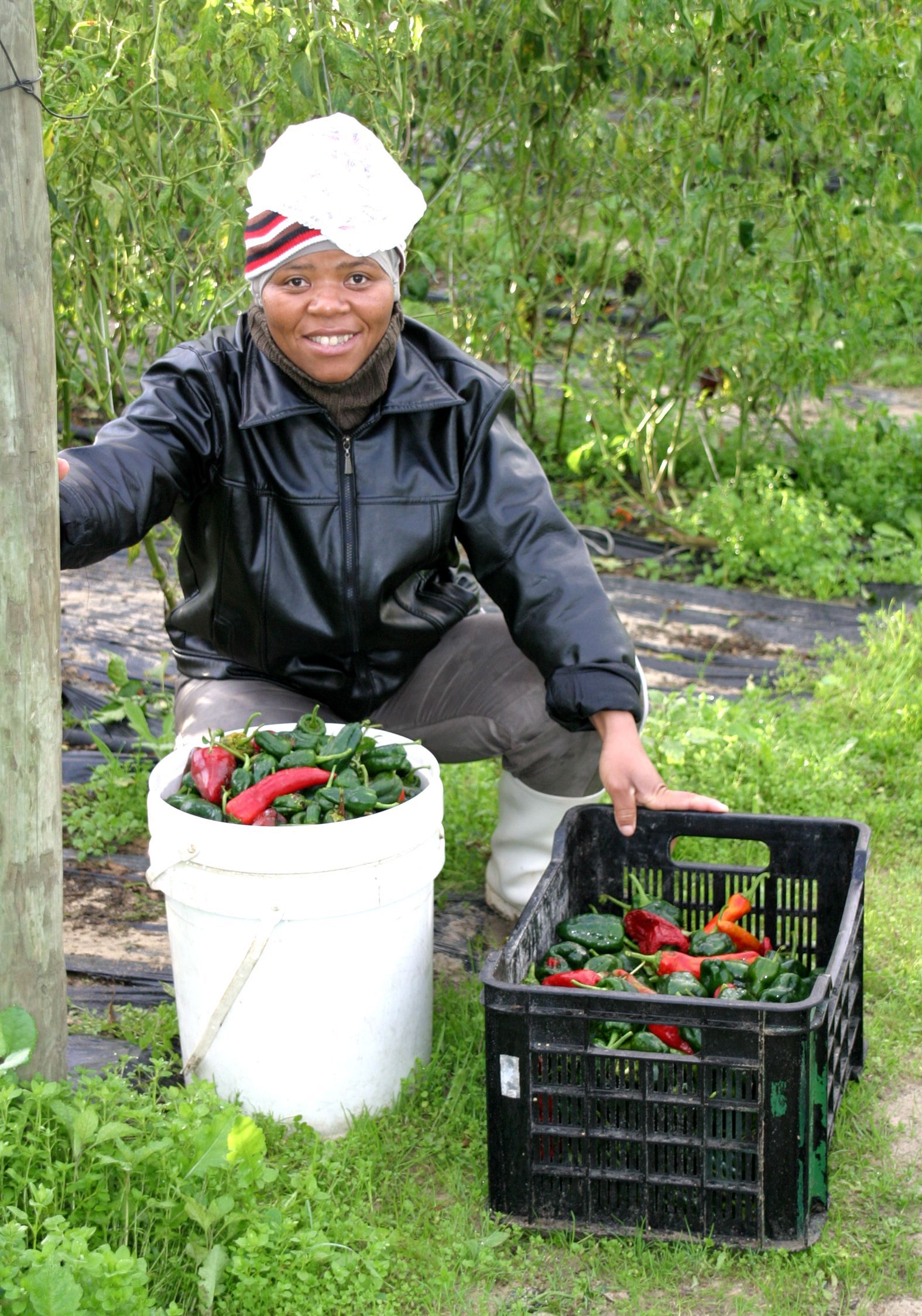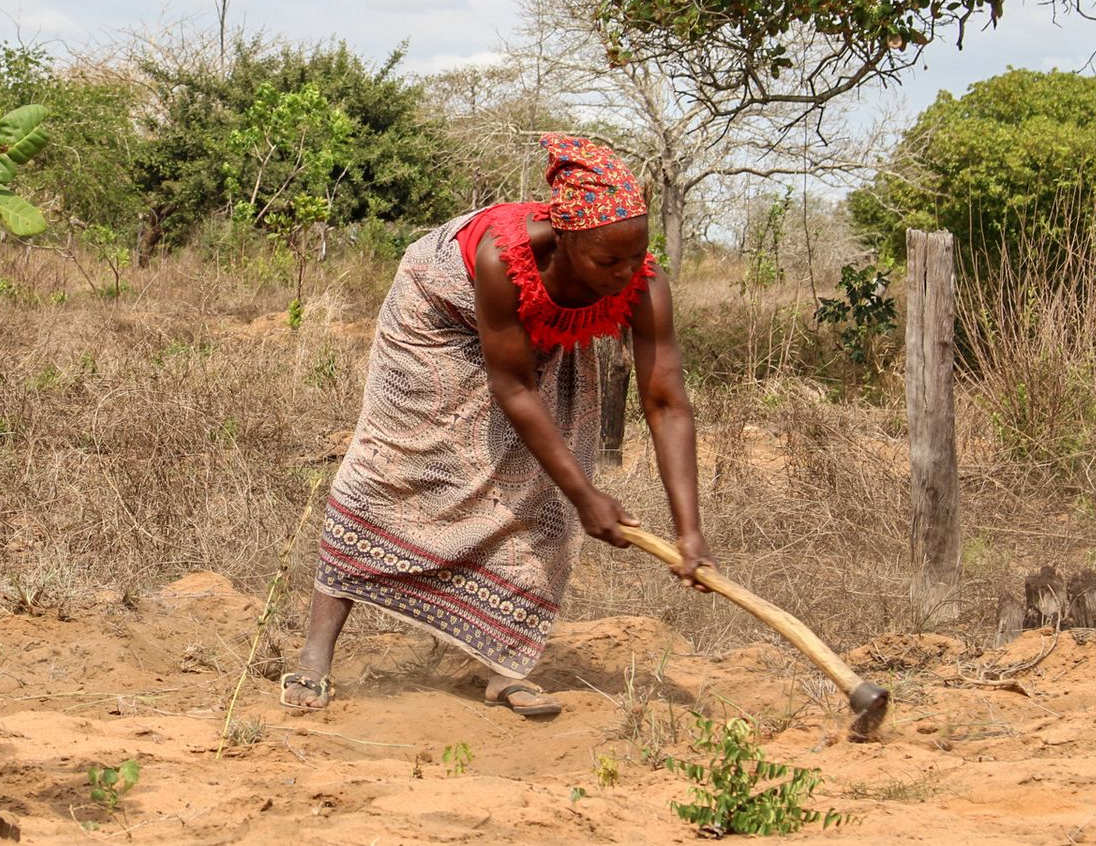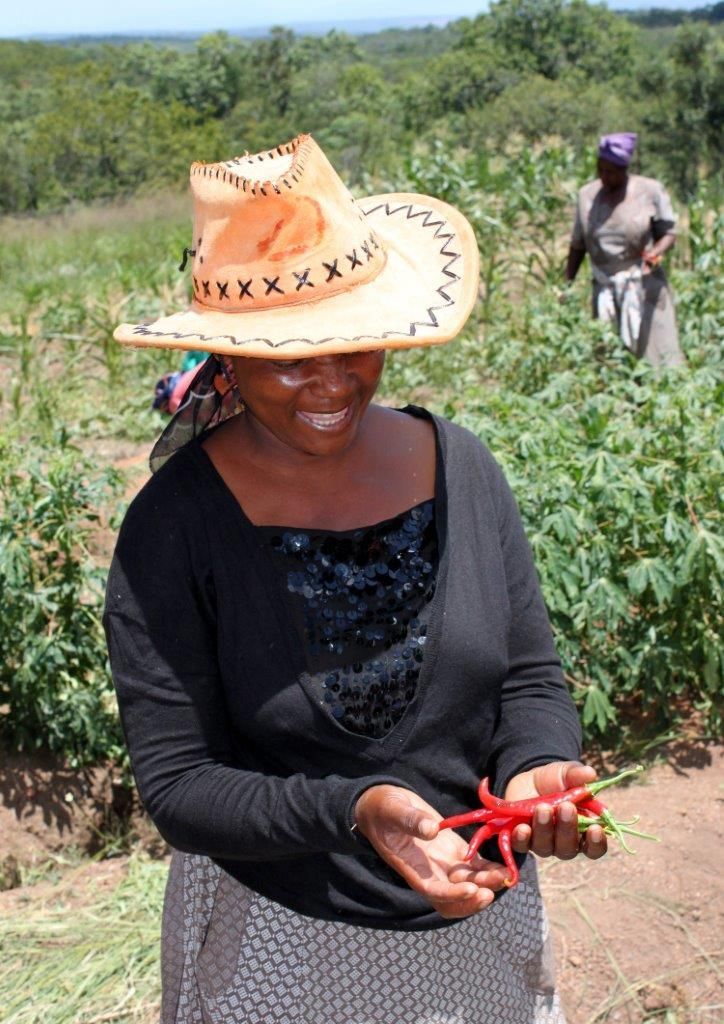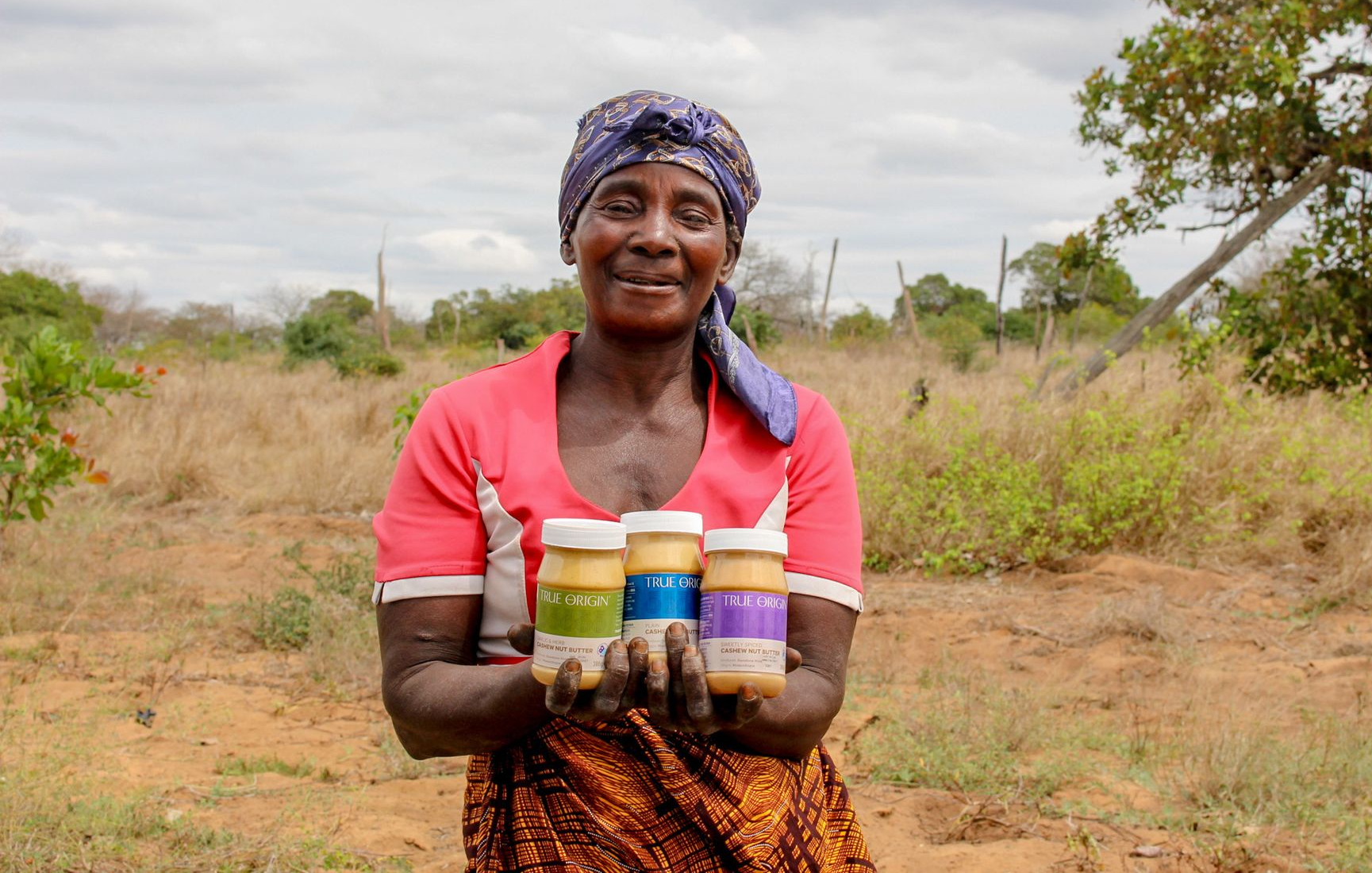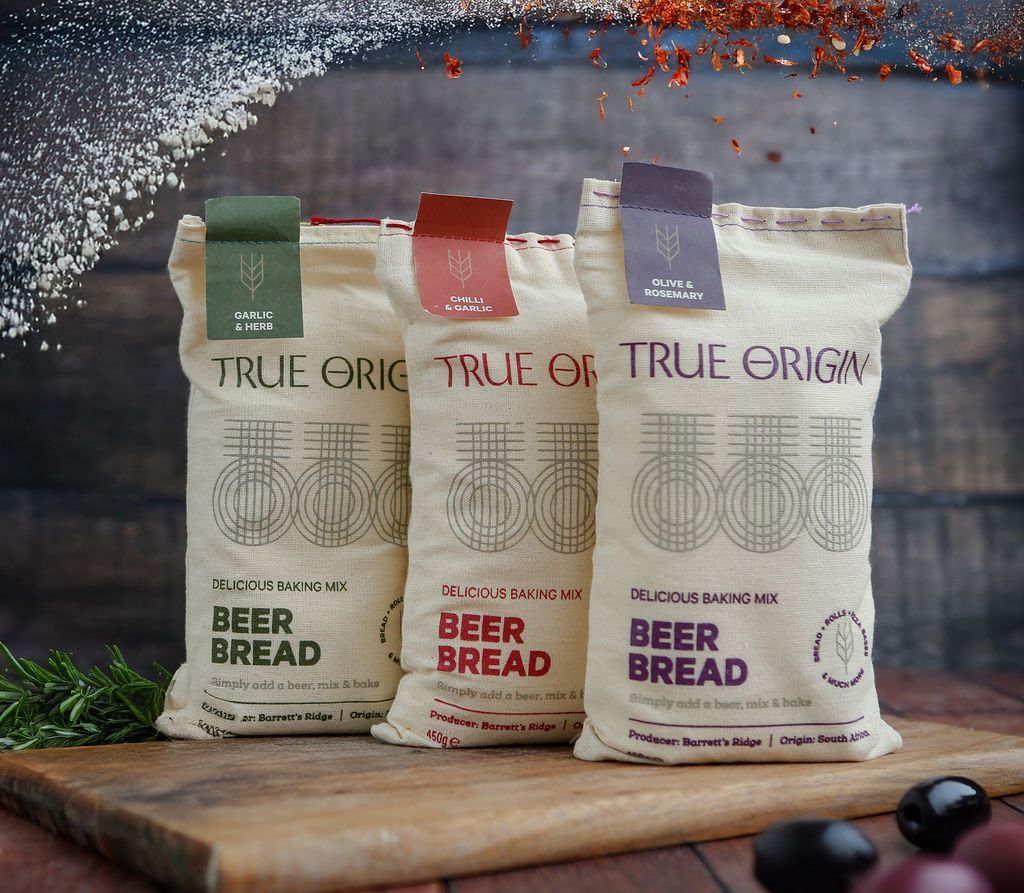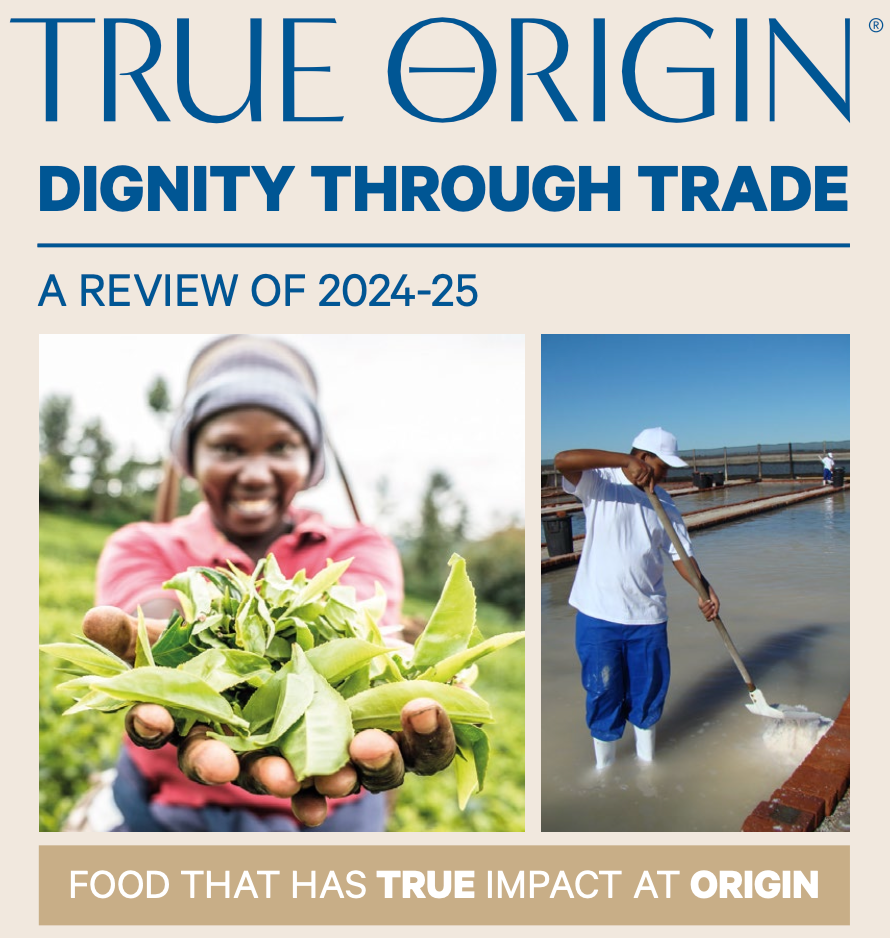Hope, Talk and Action. A World Environment Day Message from Sally Sawaya at Meru Herbs in Kenya
Meru Herbs MD, Sally talks about the issues around climate change and how they are tackling them
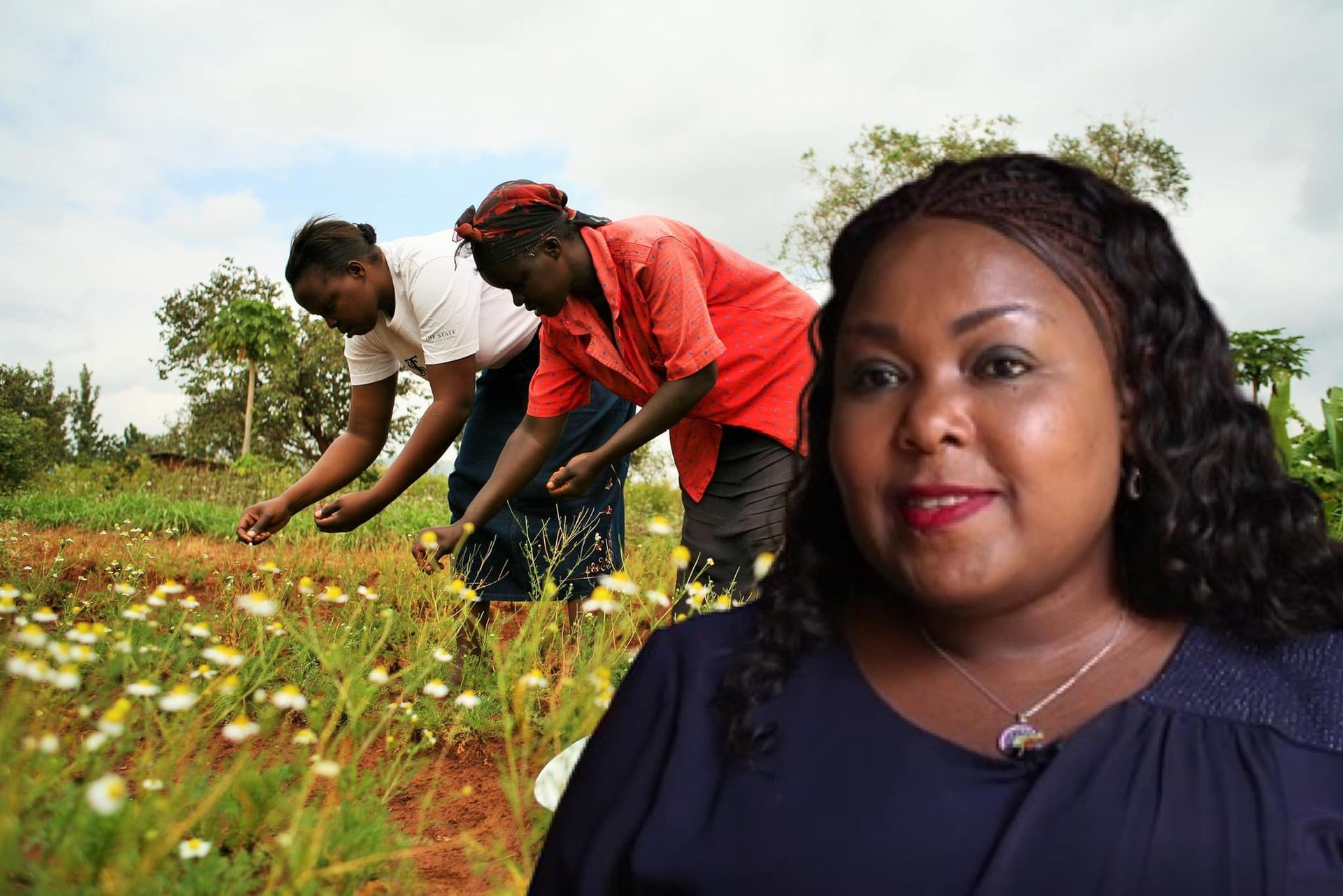
My name is Sally Sawaya, I am the Managing Director of Meru Herbs Kenya. I have been with Meru Herbs for more than 25 years now. I am very passionate about Community Development and for this reason Meru Herbs is very close to my heart. Fair Trade and Organic Farming form the basis of trade for Meru Herbs.
Hope, when you till your land and plant your seeds, you know you have done the very best on your part, you sit and hope for the rains .. you hope the rains come because with the rain comes the hope to feed your family, your community and even the possibility of a little extra that can be sold in the market to earn some little income. With the climate change the big question is “will the rains come ?“
Meru Herbs is a community Based project - located in the Semi-arid region of Tharaka Nithi Meru – approximately 250 Km from the Capital city Nairobi. Even before we begin to speak about the climatic crisis, Meru Herbs from its semi arid location has already existing challenges with water and food security.
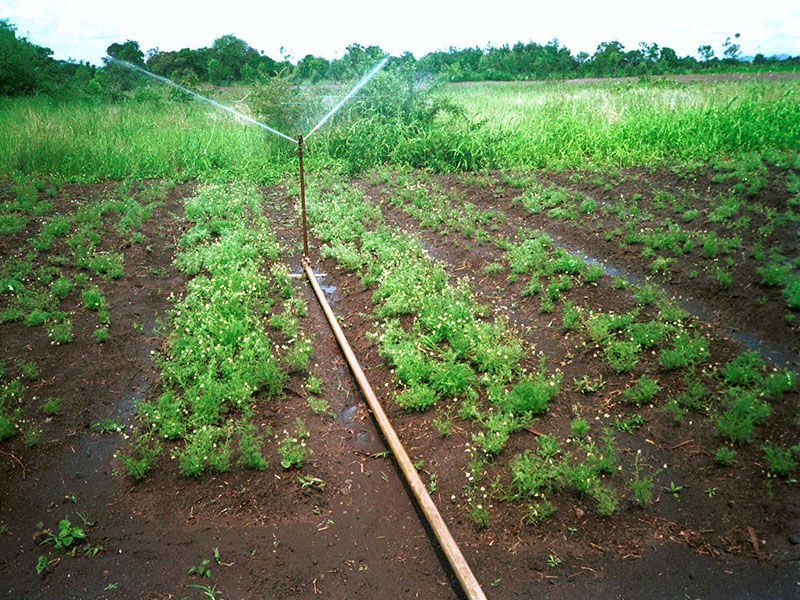
1. Climatic change has led to more frequent extreme weather like droughts that have lasted longer than usual. It has led to irregular and unpredictable rainfall. Kenya has had about three droughts in the last 10 years. Our Meru Herbs Community heavily relies on rain-fed Agriculture and we are deeply affected by these changes. Being in a semi arid area, this has worsened the water shortage and food security in our Meru Herbs community. We rely heavily on rain fed Agriculture. We also do irrigation but even irrigation is a challenge if you dont have enough water. We get the water for irrigation from the rivers that require rain.To give a practical example our farmers have actually lost crops such as chamomile and other food crops because of shortage of rain. In 2020 as Meru Herbs we lost a whole crop of chamomile which heavily relies on water to flourish. It completely dried up because of lack of water.
2. Another effect of climatic change in our community is that the increased temperatures and variations have created conditions favourable for breeding pests. For example from December 2019 to March 2020 we had a locust invasion that affected our farmers and quite a few lost their crops due the invasion by locusts. This was after over 70 years. So something must be going wrong with our ecosyctem to create am environment that is condusive for locust invasion. Tharaka Nithi farmers lost 2400 metric tonnes of food in 2020. So you can imagine the farmer has really struggled to put up their crop and just when they are expecting to start harvesting the whole crop is wiped away by a locust invasion. This urgently calls for discussions on climatic change and how we can curb the situation to prevent another invasion and to protect the farmers and their crops.
3. Our area Meru Herbs is also prone to Malaria and so you find that climatic changes pose a risk in increase of vector and waterborne diseases. The increased temperatures, rainfall and humidity becomes condusive for malaria carrying mosquitoes.
4. Increase in malnutrion cases because of the threat on food security. Lack of proper balanced diet because the climatic changes takes away the choice to plant any food crop instead you are forced to adapt to the climatic changes and grow crops that are drought resistance and that will survive pest infestation
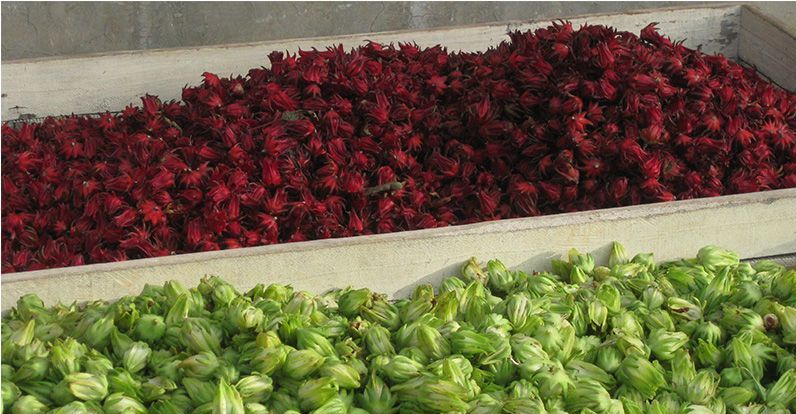
DOING OUR PART AS MERU HERBS – AS A FAIRTRADE ORGANISATION:
1. Our Meru Herbs community practices organic farming. This means our production processes are designed to align with the ecosystem. We farm in ways that are in line and preserve the environment. We do not use fertilizers or chemicals which polute the environment. In our Organic farming we do cover cropping, leguminous crops that aerate the soil. We put measures in place to prevent soil erosion.We also practice rotational farming meaning we have crop rotation plans in place. We plant trees as much as is possible with every opportunity we get.
2. We use renewable energy at the Meru Herbs Processing unit. Meaning the factories are powered by solar energy. So everything from the machines to housing to lighting is powered by solar energy in an effort to contribute to reduction in climatic crisis in whatever small way.
3. We recycle as much as is possible and try to reduce wastages. Take Hibiscus for instance we try and process the whole plant. We get the raw material in form of flowers, after shelling the flower is then dried to produce seeds which can be replanted or used to extract oil. The rest of the plant is then used to make compost manure which will be used in the farm. We recycle glass jars as much as possible. We hope to recycle plastics in future by melting them up to make bricks. We are sensitizing our community about the importance of reducing wastages and recycling as much as possible.
4. We are deliberate on packaging and we ask our suppliers for Material Safety Data Sheet (MSDS) which gives us specific information like on the packaging like any harzadous ingredients, physical data, reactivity data, environment, basically information that will inform us in terms what it means to use that particular packaging as part of our production process and how it translates in terms of environmental resonsibility. We use production material that is biodegradable and also material that can be recycled.
5. Currently we are doing sea shipments as opposed to air shipments which means less emmissons.
6. We talk about it and I think this is very important because we create awareness in our community how our human activities are directly or indirectively affecting the climatic changes. It all starts with me as Sally, we as the Meru Herbs farmers, we as Meru Herbs community, we as a Nation, we as the world what is it that we are doing to contribute to the climatic crisis, what do we need to do different, what do we need to stop doing in order to deaccelarate the climatic crisis.
